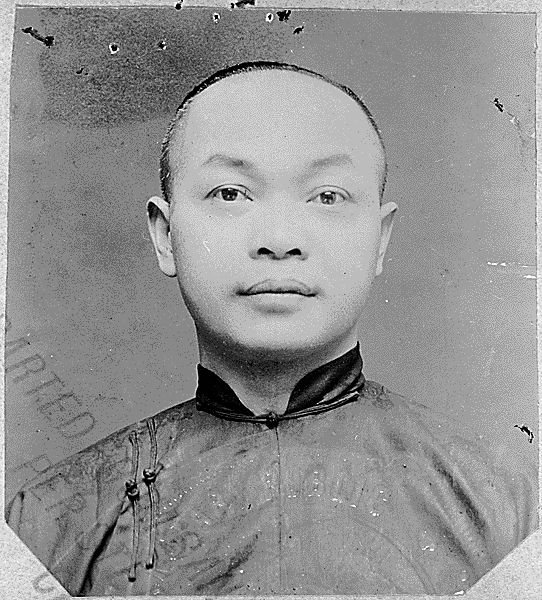
Wong Kim Ark, in a photograph taken from a 1904 U.S. immigration document. Source: Creative Commons
On March 28, 1898, the U.S. Supreme Court issued its landmark decision in United States v. Wong Kim Ark, holding that children born in the United States, even to parents not eligible to become citizens, were nonetheless citizens themselves under the 14th Amendment of the U.S. Constitution.
Born in San Francisco to Chinese immigrants who were barred from ever becoming U.S. citizens under the 1882 Chinese Exclusion Act, Wong Kim Ark was denied re-entry to the United States after a trip to China, on the grounds that the son of a Chinese national could never be a U.S. citizen.
Wong sued the federal government, resulting in the Supreme Court’s seminal decision that the government could not deny citizenship to anyone born in the United States. [This text was adapted from Asian Americans Advancing Justice and PBS’s “Becoming American: The Chinese Experience.”]
Learn More
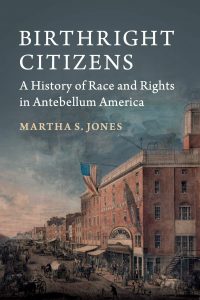 1882 Exclusion Act at OurDocuments.gov.
1882 Exclusion Act at OurDocuments.gov.
Picture book I Am an American: The Wong Kim Ark Story by Martha Brockenbrough and Grace Lin
We recommend the related text, Birthright Citizens: A History of Race and Rights in Antebellum America by Martha S. Jones. This book offers a vital examination of the fight for citizenship rights by African Americans before, after, and in light of the Dred Scott ruling.
The NPR Throughline podcast episode By Accident of Birth (2022), which describes Wong Kim Ark’s struggle for citizenship rights.
More related resources below.

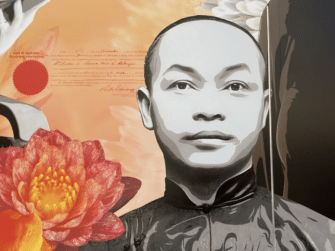
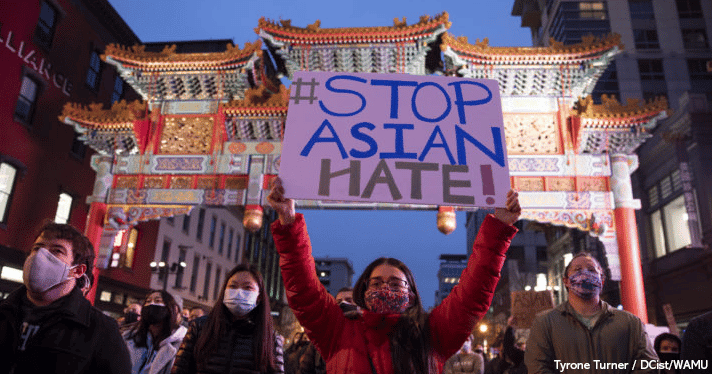

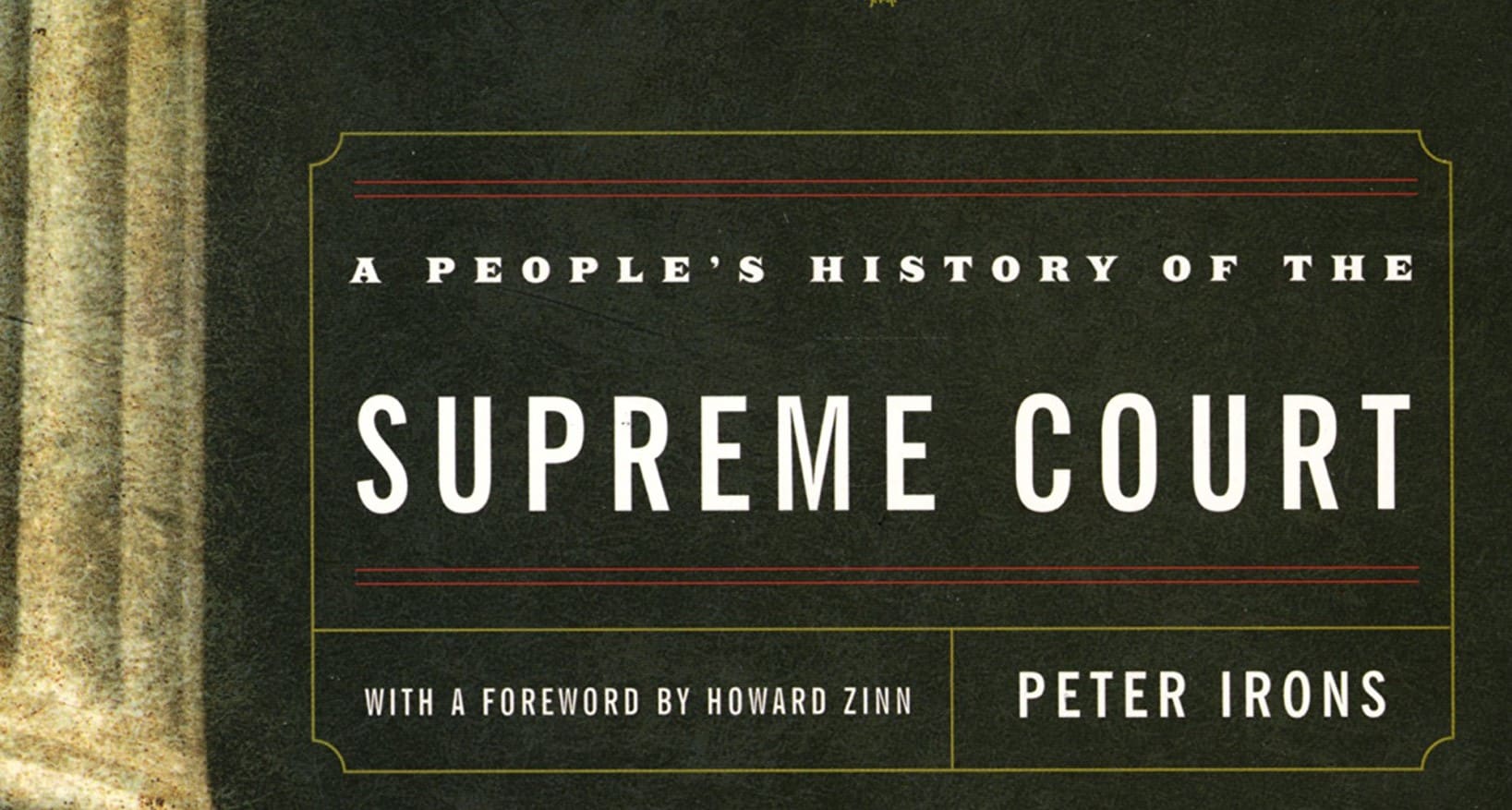
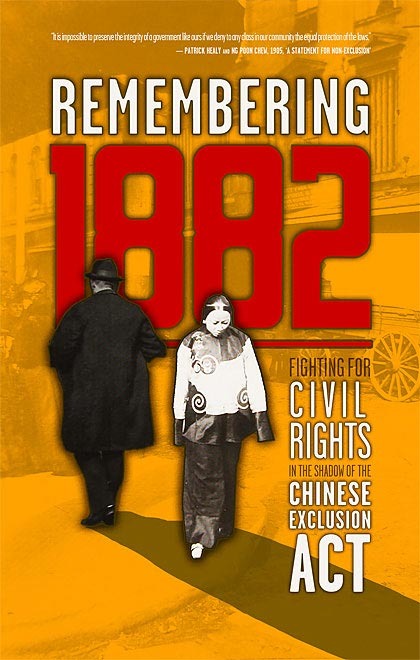
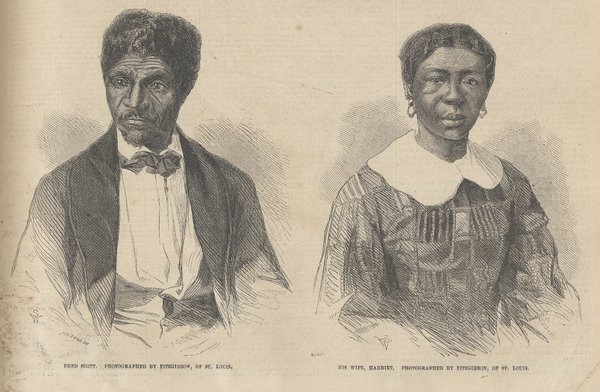
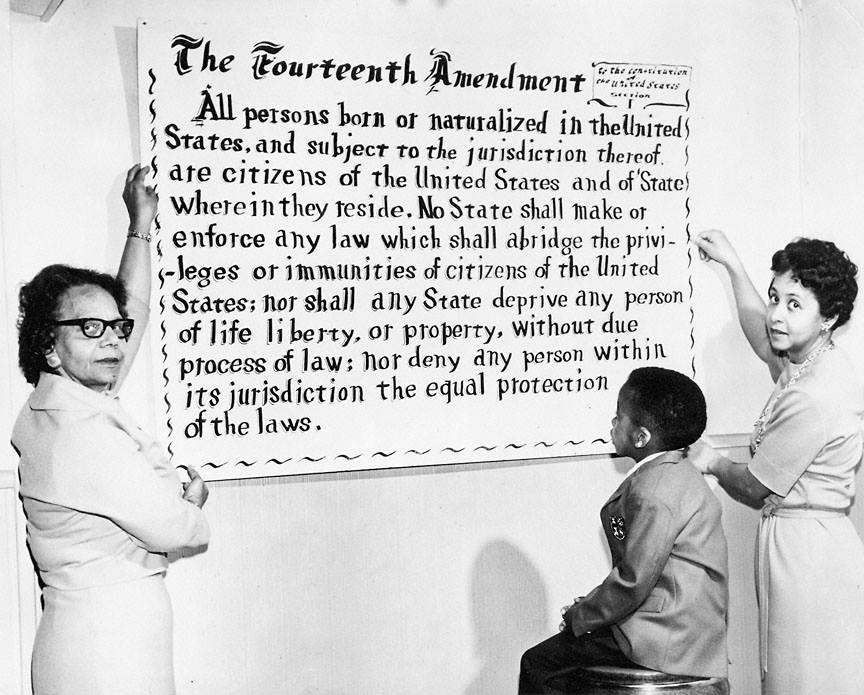
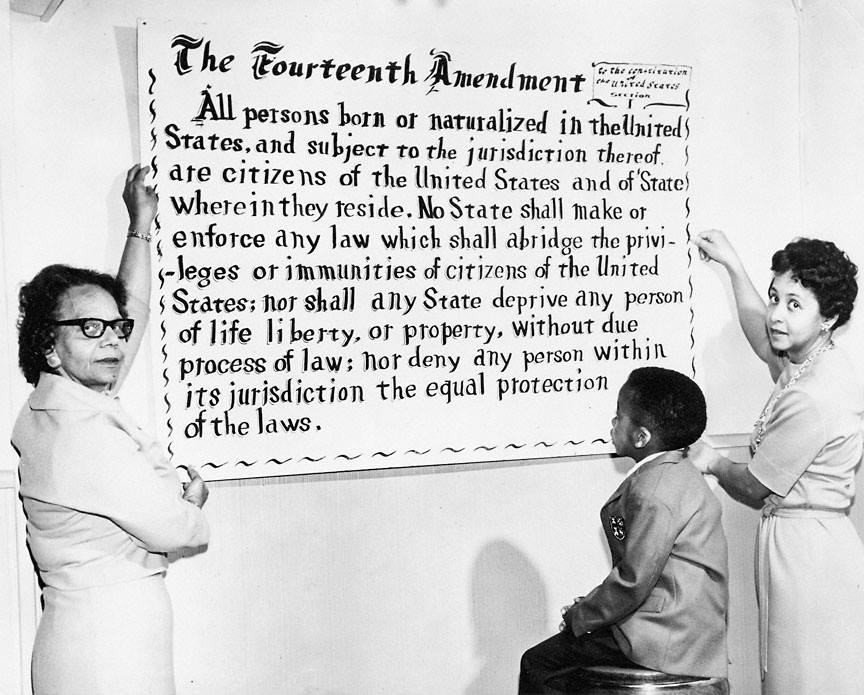

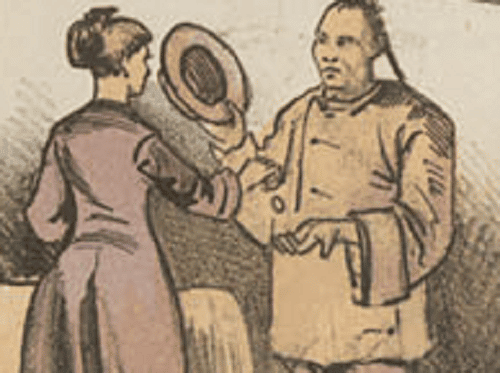
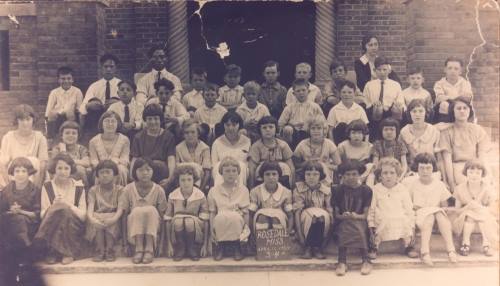





Twitter
Google plus
LinkedIn